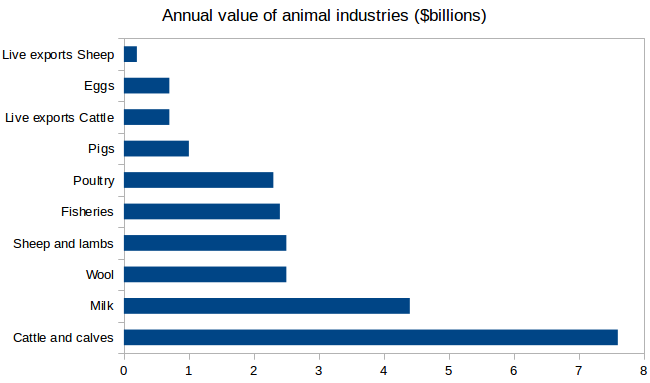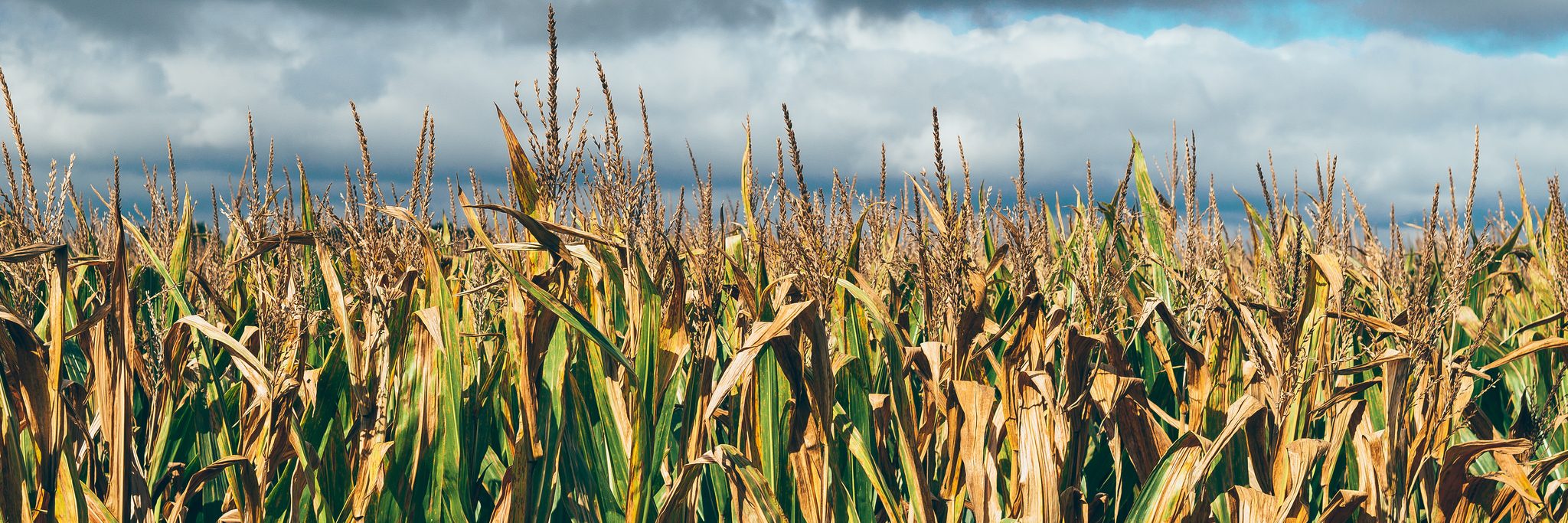Amber Reagan
Outline
Switching to plant based agriculture has a big economic impact. The US can save a whole lot of money by cutting meat from their diet. The graph I have even shows how much money is spent on meat. A plant based diet will benefit the United States financially. Also, it will help with obesity and chronic related deaths. Cutting out meat consumption will be beneficial.
Economic Impact
Switching to a plant based agriculture system has a lot of key benefits. One major aspect that would be impacted is the economy. There are many benefits to being a vegetarian, such as reducing animal suffering, environmental benefits, or just health benefits in general (Davis). Most people don’t realize the impact meat consumption makes on the economy.
Meat doesn’t have to be cut out completely for the economy to benefit. Reducing meat consumption and focusing on a more plant based diet could benefit the United States by cutting cost between $197 billion and $289 billion each year. The global economy could benefit with a cost reduction up to $1.6 trillion by the year 2050 (Davis).
Springmann and his team have worked on different scenarios of how the economy would benefit from a more plant based diet. He calculated hypothetical costs if everyone in the world was either a vegetarian or a vegan. Springmann and his team also calculated in heath care costs that were related to a diet heavy in meat consumption. Meat consumption is linked in with diabetes and heart disease. They also factored in indirect cost (Davis).
For the research, it showed that the United States would benefit the most by reducing meat consumption. If everyone followed global dietary guidelines, the United States would save around $197.1 billion. If everyone went vegetarian, the total savings would be around $258.6 billion, and $289.1 if everyone went vegan (Davis). The numbers show that the less animals involved, the more money that is saved. These numbers don’t even include the reduction in the level of greenhouse-gas emissions or the obesity and chronic disease related deaths that are cause by meat consumption. That could change the savings to between $2 trillion and $3 trillion in the United States alone, and between $20 trillion to $30 trillion worldwide (Davis).
The world could save around $968.8 billion if everyone in the world followed global dietary guidelines. The world would save $1483.8 billion if everyone went vegetarian and $1636.5 billion if everyone went vegan (Davis). These numbers are significantly large.
There are many ways to measure the economic value of the animal agriculture industry. There are different tables through the Australian Bureau of Statistics (ABS). There is a table for agricultural commodities produced and another table for industry value added. The World Bank is also another measurement, which gives a figure of 2.4% for the value added percentage of Gross Domestic Product for all agriculture. The World Bank gives a similar percentage to the Australian Bureau of Statistics (Vegan).
The exports for Australia are around 60 percent of its agricultural production. The agricultural exports in 2014 to 2015 were $42.5 billion. About half of the $42.5 billion came from animal products. About 7% of the total exports came from animal products. The main animal exports are cattle and calves, which is around $9 billion. After cow meat, meat from other species follow and then wool, live cows, sheep, and dairy (Vegan).
There has been a huge decline in the significance of agriculture as an export industry. In the last 40 years, it has decreased from 50% of export to only about 15% (Vegan). Employment is also a factor in the animal agriculture industry. Animal farming, forestry, fishing, and other support services are all jobs that are needed for animal agriculture.
The World Bank estimates the employment for agriculture in Australia in 2017 was 2.6% of total employment. As of 2014, there are 76,100 people employed for plant only agriculture (fruit, vegetables, crops, forestry). There are 47,200 people employed for animal only agriculture (dairy, poultry, livestock, fishing), and 189,700 people employed for a mix of agriculture (wheat/sheep, support services, other). In the mixed category, it is mainly people employed for the wheat and sheep industry (Vegan). The total employment for the Australian processed food industry is 240,000 with about 80,000 employed for meat processing. There has also been a decline in total employment for agriculture over the last century, according to the Reserve Bank of Australia (Vegan).
Overall, switching to a vegan agriculture system would benefit the economy and any negative impacts could be offset. There would be a potential reduction in GDP of about 1%. The reduction would be offset by growth in other areas. That also includes the vegan food market. The animal agriculture system also has many external costs that the system doesn’t even pay for. The costs are currently paid for by Australian society. Some of the cost are drought, pollution, climate change, soil erosion, pollution for pesticides, pollution for excess nutrients, and illness cause by unhealthy products (Vegan).
Exports would be reduced by about 7%. Those exports could be replaced with plant based alternatives instead. The reduction in exports would also offset some because the imports would be reduced as well (Vegan).
One area that may be negatively impacted is employment, because there are farmers and workers that may have some issues. If properly managed, there may be a solution to work around it, and make sure the farmers and workers don’t lose employment. There would be a reduction for animal agriculture, but the demand and need for plant agriculture would increase tremendously. If everyone is eating mainly a plant based diet, there would need to be more workers growing and harvesting plants.
There isn’t as much labor needed with plant agriculture as with animal agriculture, so there would still need to be some changes to accommodate farmers and workers. The labor is less, so the farmers wouldn’t have to work as many hours but could still make a reliable income (Vegan).
The pros outweigh the cons of switching to plant based agriculture. The United States, and even the world, benefit economically. There would be a mass amount of money saved. People would also be healthier, which in terms will lead to less medical cost. There are many indirect factors that would benefit, as well a the direct factors. Meat consumption doesn’t have to be cut out completely, but everyone should cut back on meat consumption for the benefit of the economy, and most importantly, themselves.
Annotated Bibliography
Davis, Lauren Cassani. “The Economic Case for Worldwide Vegetarianism.” The Atlantic. March 28, 2016.
Lauren Cassani Davis in the article published March 28, 2016 pointed out valid points of cutting meat out and switching to a plant based diet. She mainly focused on the amount of money that the United States could save if they switched to a more plant based diet. Davis also pointed out that the number of obesity and chronic related deaths would be reduced if meat consumption was cut out.

Vegan Sustainability Magazine. “Impact of Vegan Agricultural System on the Economy.” Vegan Australia.
In this article, it goes into detail about the potential reduction in GDP. Other areas may also be reduced, such as exports. A lot of the reductions would offset in other areas. The article also goes into detail about the effect it would have on employment and the economy.

